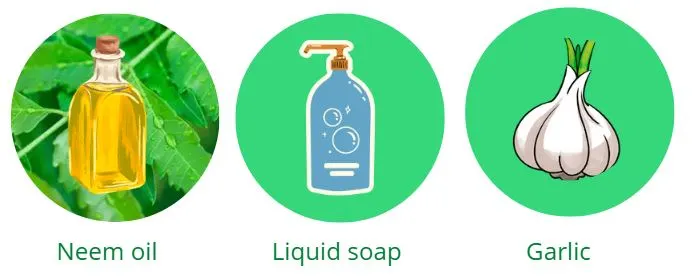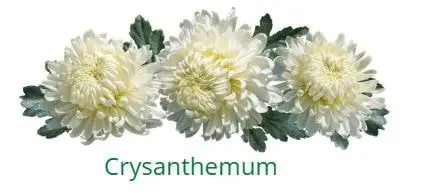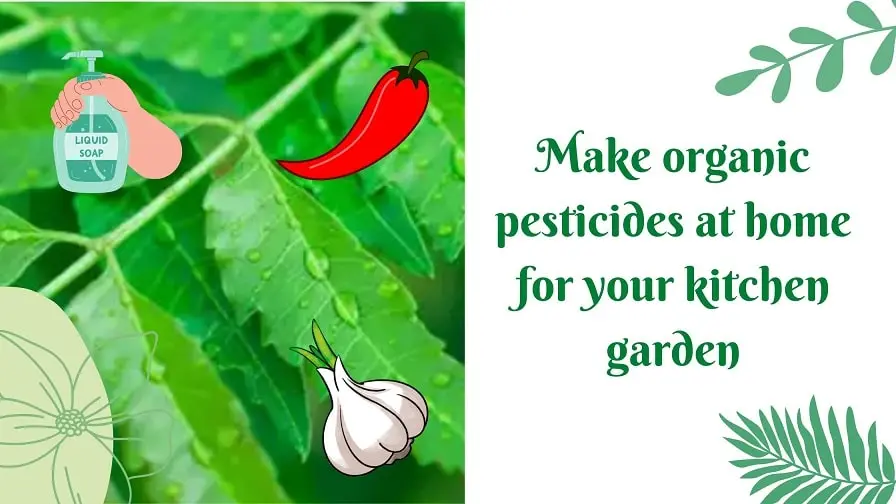Make organic pesticides at home for your kitchen garden, organic pesticides at home for vegetable garden, DIY organic pesticides
Chemical pesticides, whether used in the field or at home, play an important role in controlling the growth of insects and weeds. As we all know, pesticides play an important role in providing a quick, easy, and low-cost solution for controlling insect pests in urban landscapes. Pesticide use, on the other hand, comes at a high cost. Pesticides have contaminated almost every aspect of our environment and continue to do so as a result of our massive application.
So it is a strong need of the day that you control pests of your home garden in an organic way, considering this, here are some options of organic pesticides which you can make at your home and apply.
Pests: Aphids, spider mites, whiteflies, mealybugs, thrips
Table of Contents
Advantage of using organic pesticides.
- Cost-effective and Productive: As most of these anti-pest sprays can be made at home using items purchased from organic gardens, stores, and online shops, or simply from our kitchen.
- Risk-free and non-toxin: We ensure that no harmful mixtures are present in the mixture that can harm humans or pets, as well as the crops grown in our gardens.
- Advantage over Chemicals: One can avoid large expenses on purchasing these chemicals and also avoid the possibility of raising the insect pest’s immunity to such chemicals in the long run.
Rules to be followed while using home made pesticides.
- Always test first by applying on a small portion or a branch of pants to check any adverse effect on plants, if so you can reduce the concentration.
- Make sure to apply evenly on whole plants including the under leaf portion.
- Always apply spray at evening or after sunset.
Neem oil based organic pesticide

It works by interfering with insects’ reproductive cycles. When ingested, it disrupts the insect’s hormonal system, causing it to forget to eat and stop moulting, mating, and laying eggs. As the older insects die off without producing offspring, the insect population in the designated area is eventually destroyed. Neem oil is also highly aromatic and emits an odour that insects dislike, thereby protecting plants by rendering them unappealing.
Material required
- Neem oil
- Clove oil or clove
- Mild liquid soap
- Eucalyptus oil
- Water
Procedure to follow to make
- Take 1 litre of warm water in a glass bowl or container.
- Add 10 drops of clove oil or a homemade clove solution.
- To make a clove solution take one tablespoon of cloves, crush them and add it to a cup of warm water and keep it for 1 to 2 hours and then filter and use this solution.
- Add 10 drops of pure neem oil (organic neem oil) to it.
- Add 10 drops of mild liquid soap to it.
- Mix all ingredients with the solution well.
- You are ready to spray.
How to use
- Fill the prepared solution in the spray bottle and spray.
- Spray once a week for 3 weeks on infected plants.
- Continue spray once a month as a precautionary measure.
Hot Chillies/pepper and garlic based organic pesticide
Material required
- Hot chillies / pepper
- Garlic
- Water
Procedure to follow to make
- Crush 200gms hot chillies/peppers and 200gms of garlic or onion together using a grinder mixture or make paste manually until it becomes like a paste.
- Take 1 litre of warm water and mix the paste made in the above step of pepper and garlic.
- Blend it well using a blender.
- Pour the solution in a glass container and place it for 24 hours in a sunny or dry location.
- Filter the solution after 24 hours. You are ready to spray.
Dried chrysanthemum based organic pesticide

Chrysanthemum contains pyrethrin, a chemical that excites the nervous system of insects that touch or eat it. This quickly leads to paralysis and ultimately their death.
Material required
- 100 gms of dried chrysanthemum.
- Water.
Procedure to follow to make
- Mix the dry chrysanthemum petals and 1 litre of water in to the container that you can use to boil the mix.
- Place the container on the stove to boil, let it reach boiling point, keep it for 20 minutes and then turn off the heat.
- Filter the mixture in a spray bottle.
- You are ready to spray.
FAQs
What is the most effective natural pesticide?
Neem Oil: This is a great all-purpose natural insecticide that kills everything from cabbage worms and squash bugs above ground to nematodes and grubs beneath the soil. Neem oil is a poisonous extract of the neem tree, a tropical Asian species commonly found in gardens.
Are organic pesticides safe for humans?
Organic pesticides are typically derived from natural sources that can be used to control pests. Substances derived from plants, minerals, and microorganisms are included. Many organic pesticides are less toxic than synthetic pesticides, but that doesn’t mean they’re safe or won’t harm the environment.
Do organic pesticides degrade faster?
Natural pesticides, in other words, are not synthetic. They degrade quickly in the environment, lowering the risk of harm to non-target organisms but may necessitate repeated applications to affect pests. Natural pesticides, on average, are less potent than synthetic pesticides.
